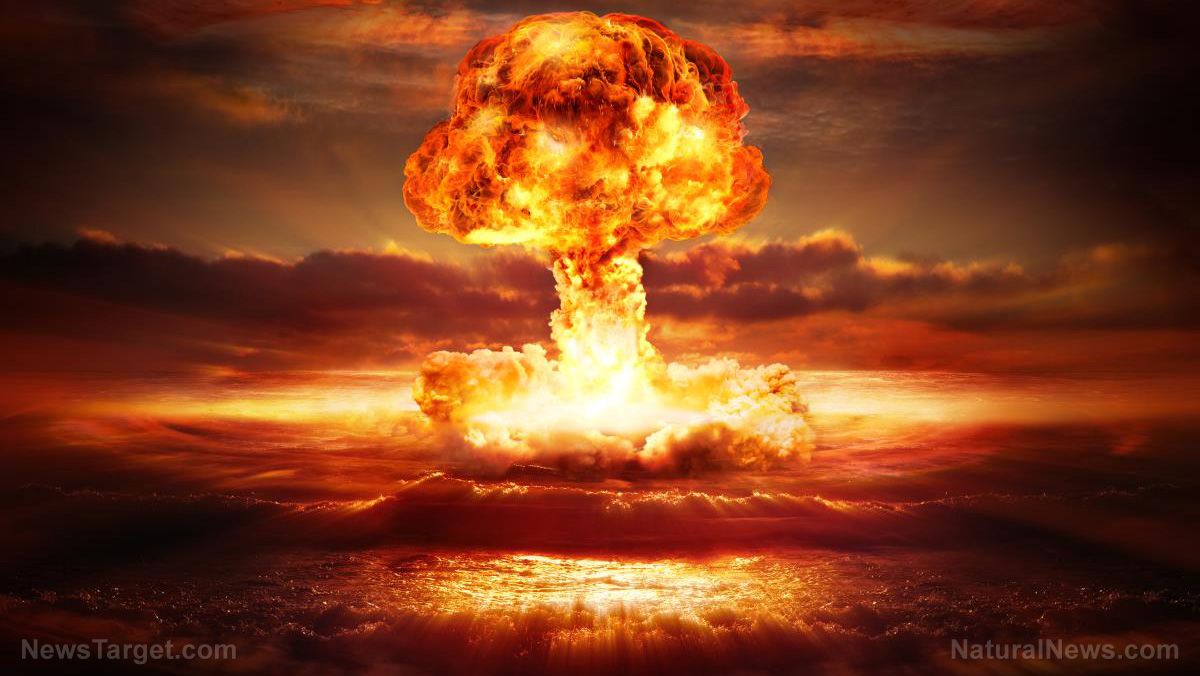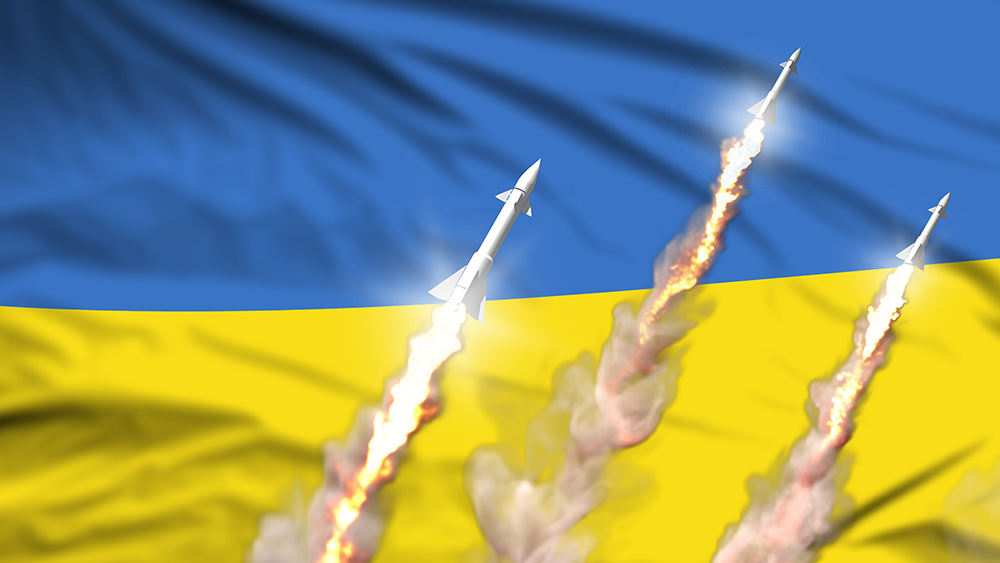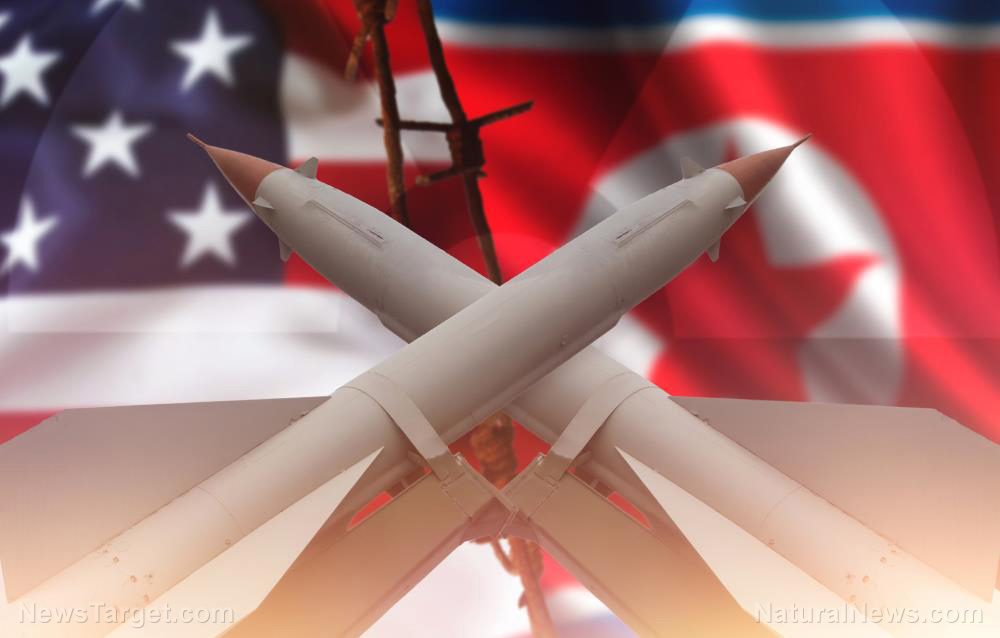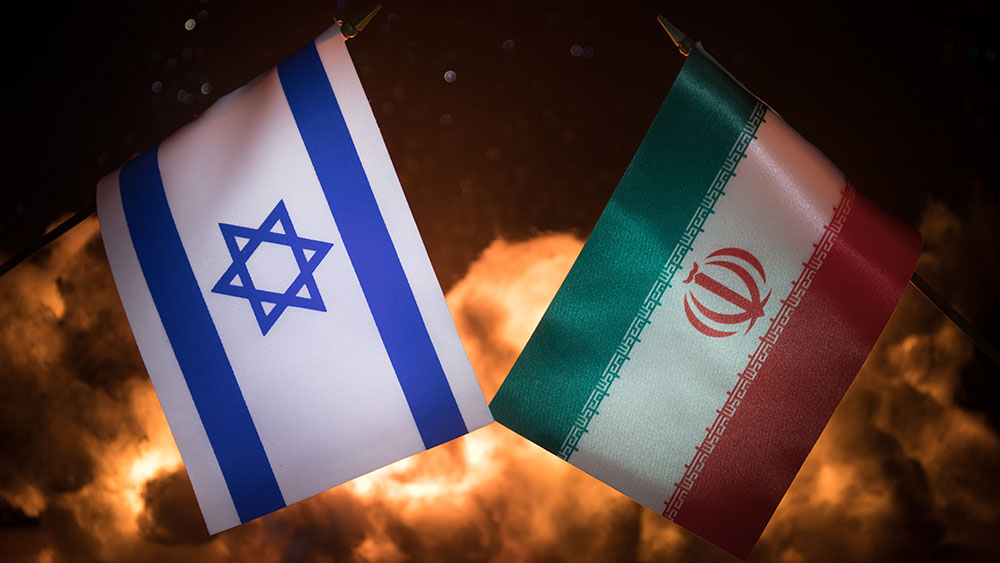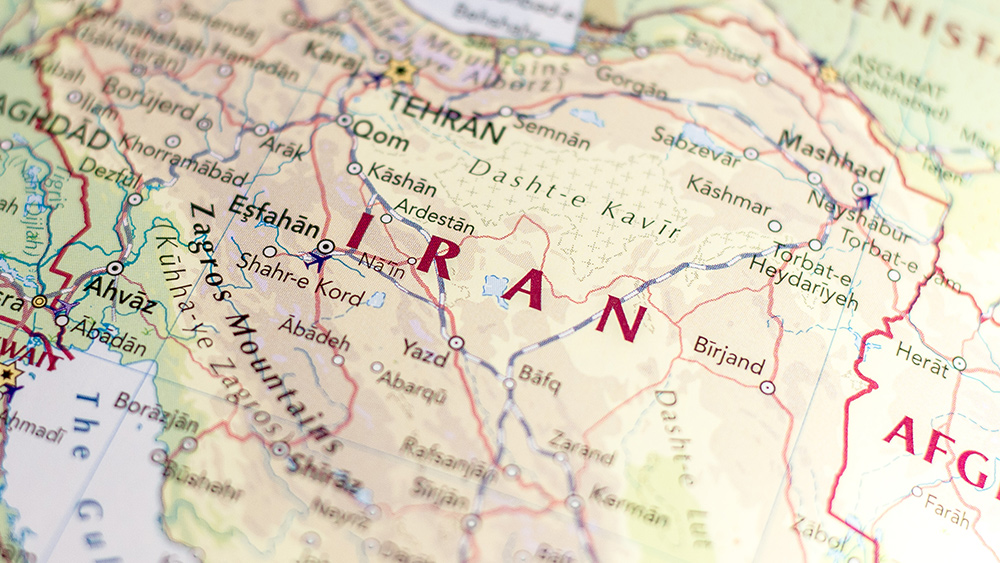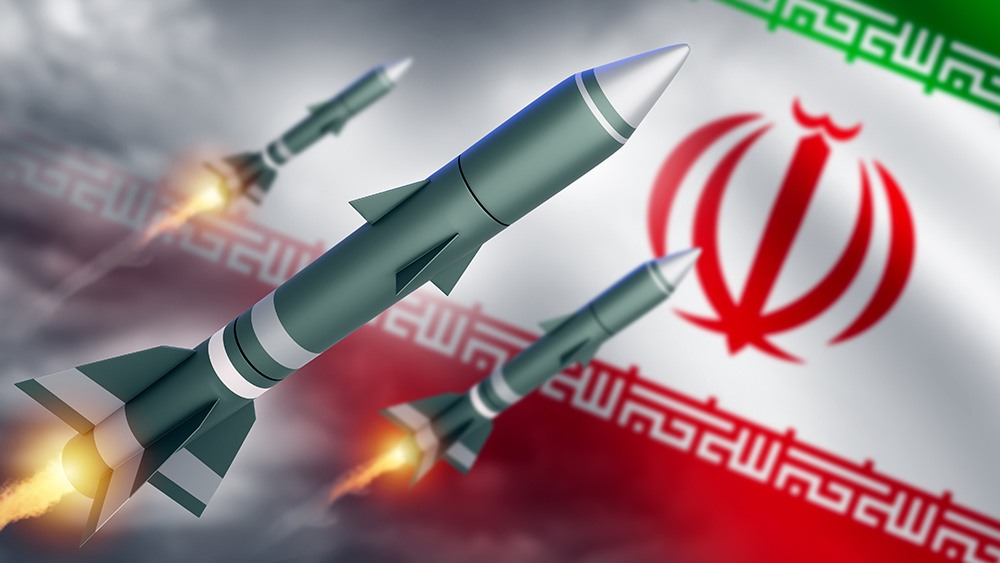Putin revises nuclear doctrine, making it easier for Russia to target Ukraine with nukes
11/22/2024 / By Richard Brown

President Vladimir Putin has updated Russia’s nuclear doctrine in response to the United States’ recent moves, including President Joe Biden’s approval for Ukraine to use American-supplied long-range missiles to strike deep into Russian territory.
The revised doctrine, announced shortly after Ukraine reportedly used ATACMS missiles to target the Russian region of Bryansk, introduces a more expansive definition of what constitutes aggression against Russia. The change reflects Moscow’s growing concerns over Western involvement in the war, now over 1,000 days old, and signals a potential lowering of the threshold for Russia to use nuclear weapons.
Under the new doctrine, Russia would consider an attack on its territory, even by a non-nuclear state, as a joint assault if a nuclear power is involved. This adjustment is designed to send a clear message to Ukraine’s Western backers, warning of the risks associated with escalating military aid to Ukraine. Kremlin spokesperson Dmitry Peskov highlighted that Russia now reserves the right to use nuclear weapons if it faces conventional aggression, particularly if Belarus, an ally, is targeted.
The revision strengthens the role of nuclear deterrence in Russian military strategy. Peskov emphasized that the goal of the doctrine is to ensure that potential adversaries understand the inevitability of retaliation if they threaten Russia or its allies. (Related: Nearly three years into the conflict, Ukraine grapples with dwindling resources as Russia steadily gains ground.)
This latest shift in Russia’s nuclear posture follows a pattern of increasingly aggressive rhetoric since the beginning of the full-scale invasion of Ukraine. Moscow has consistently warned about the dangers of Western military aid, including threats over the delivery of F-16 fighter jets, Patriot air-defense systems and M1 Abrams main battle tanks. The Kremlin’s frustration with these Western moves has been evident, with officials repeatedly warning that such actions would result in serious consequences.
Nuclear doctrine revision most dangerous sign of escalation in Russia-Ukraine conflict
The revision of the nuclear doctrine represents a more concrete escalation. While Russia had previously signaled that nuclear weapons could be used when the state’s very existence was threatened, the latest changes reflect a lower threshold for nuclear use.
A decree issued in September indicated that Moscow could use nuclear weapons in response to any “critical threat” to its sovereignty, and the recent update extends this to include attacks on Belarus. The new doctrine effectively redefines what constitutes aggression, making it clear that Russia considers support for Ukraine by nuclear powers as a direct challenge to its security.
This development comes just as the Biden administration’s decision to allow Ukraine to use ATACMS missiles has added fuel to the fire. Ukraine’s use of these long-range weapons marks a significant escalation in the war, with Russia accusing the U.S. of deliberately intensifying the conflict. Kremlin officials, including Peskov, have suggested that the Biden administration is fanning the flames of war by permitting Ukraine to strike deep within Russian territory, which they view as an unacceptable provocation.
Watch this clip from “The Alex Jones Show” on InfoWars as Alex Jones discusses how Putin has effectively declared that Russia is “at war” with NATO after Biden approved Ukraine’s use of U.S. missiles to strike Russia.
This video is from the KryptoKing187 channel on Brighteon.com.
More related stories:
Ukraine denies reports from think tank that it is months away from developing a NUCLEAR WEAPON.
West not taking seriously enough the threat of a nuclear attack by Moscow, warns former Russian president.
IT’S COMING: Russia initiates NUCLEAR drills simulating retaliatory strikes on West.
Sources include:
Submit a correction >>
Tagged Under:
big government, chaos, dangerous, insanity, military tech, national security, nuclear doctrine, nuclear war, nuclear weapons, Russia, Russia-Ukraine war, Ukraine, Vladimir Putin, weapons technology, WWIII
This article may contain statements that reflect the opinion of the author
RECENT NEWS & ARTICLES
COPYRIGHT © 2017 NUCLEAR NEWS

